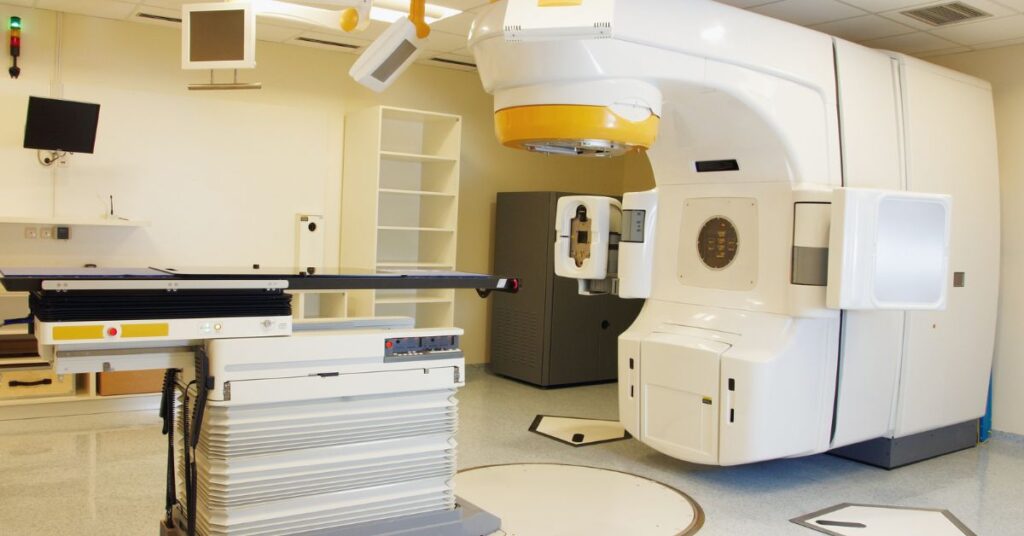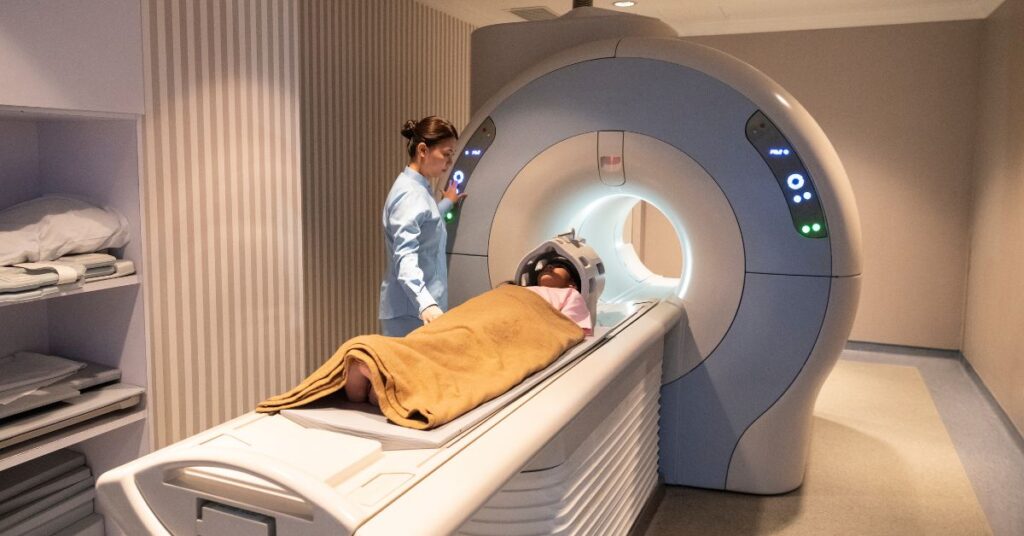Understanding CyberKnife: A Revolutionary Approach to Cancer Treatment
The field of cancer treatment has seen significant advancements over the years, with one of the most innovative being the CyberKnife System. This groundbreaking technology has revolutionized the way tumors are treated, offering a non-invasive alternative to traditional surgery and radiation therapy. Here’s an in-depth look at what CyberKnife is, how it works, and its benefits to patients.

What is CyberKnife?
CyberKnife is a robotic radiosurgery system designed to treat both cancerous and non-cancerous tumors. Unlike conventional surgery, which requires incisions, or traditional radiation therapy, which may involve multiple sessions and extended treatment times, CyberKnife delivers high doses of radiation with pinpoint accuracy to target tumors. This precision minimizes damage to surrounding healthy tissue, making it an effective option for treating tumors in sensitive areas, such as the brain, spine, lungs, liver, pancreas, and prostate.
How Does CyberKnife Work?
CyberKnife combines advanced imaging technology with a robotic arm that can move in multiple directions, allowing it to deliver radiation beams from various angles. Here’s a breakdown of its process:
1. Imaging and Planning
Before treatment begins, detailed imaging of the tumor is done using CT, MRI, or PET scans. These images are then used to create a precise treatment plan, mapping out the exact location, size, and shape of the tumor.

2. Targeted Radiation Delivery
During the treatment, the patient lies on a treatment table while the robotic arm moves around them, delivering radiation to the tumor from different angles. The real-time imaging system continuously tracks the tumor’s position, even adjusting for movements like breathing, ensuring that the radiation is always focused on the target.
3. Non-Invasive and Painless
Unlike traditional surgery, CyberKnife requires no incisions, and most treatments are completed in 1 to 5 sessions. Each session typically lasts between 30 to 90 minutes, and patients can usually return to their normal activities immediately afterward.
Benefits of CyberKnife
- Precision and Accuracy: CyberKnife’s ability to target tumors with sub-millimeter accuracy makes it ideal for treating tumors in critical areas where conventional surgery would be risky.
- Minimized Side Effects: By sparing surrounding healthy tissue from radiation exposure, CyberKnife reduces the side effects commonly associated with traditional radiation therapy.
- Versatility: CyberKnife is capable of treating tumors in virtually any part of the body, making it a versatile option for patients with inoperable or surgically complex tumors.
- Outpatient Procedure: Since CyberKnife is non-invasive, most treatments are done on an outpatient basis, allowing patients to maintain their quality of life with minimal disruption.
Conditions Treated with CyberKnife
CyberKnife has been successfully used to treat a wide range of conditions, including:

Brain Tumors
Both benign and malignant brain tumors, including those located near critical structures.

Spinal Tumors
CyberKnife can treat tumors along the spinal cord, minimizing the risk of damaging this sensitive area.

Lung Cancer
The system’s ability to track and adjust for lung movement during breathing makes it highly effective for treating lung cancer.

Prostate Cancer
CyberKnife offers a non-invasive alternative to surgery for prostate cancer patients, with fewer side effects.

Liver and Pancreatic Tumors
These tumors can be challenging to treat due to their location, but CyberKnife’s precision offers a safe and effective option.
Also Read:
- Cyberknife Radiosurgery for Acoustic Neuroma
- Cyberknife Radiosurgery for Breast Cancer
- Cyberknife Radiosurgery for Epilepsy
- Cyberknife Radiosurgery for Intracranial Tumors
- Cyberknife Radiosurgery for Kidney Cancer
- Cyberknife Radiosurgery for Liver Cancer
- Cyberknife Radiosurgery for Lung Cancer
- Cyberknife Radiosurgery for Melanoma
- Cyberknife Radiosurgery for Pancreatic Cancer
- Cyberknife Radiosurgery for Skull Base Tumors
- CyberknifeRadisosurgery for Prostate Cancer
- Cyberknife Radisosurgery for Pancreatic Cancer
- Cyberknife Radisosurgery for Pituitray Tumors
- Cyberknife Radisosurgery for Spinal Cord Tumors
- Cyberknife Radisosurgery for Parkinsons Disease
- Cyberknife Radisosurgery for Brain AVMs
